Rent controls don’t have a stellar track record but I’m no expert. In any case it’s academic. At 33, New York City’s rent-regulated apartments are mostly beyond the reach of Zohran Mamdani’s contemporaries. That Mamdani, a millennial, has made the fate of this property portfolio the central issue of his campaign reveals not so much the radicalism of his generation but rather its retreat into quietism.
Whatever their merits these apartments operate on a semi-feudal system. Tenancies last for decades and are acquired largely via inheritance or the backslap. Those who score one almost never choose to leave, and this creates an “empty nest” problem in which aging tenants live alone in cavernous Upper West Side classic sixes that probably should be going to young families. It’s a cartel; maybe a benign one, but a cartel all the same – and one that has little to do with people Zohran’s age.
But then that’s typical. Millennials are meant to be revolutionaries but they have always been a force for conservatism – if by conservatism we mean deference to established institutions. The height of millennial influence in American politics and culture from around 2011-2020 is best seen as an ultra-loyalist revolt. Rather than young people scandalizing and overthrowing a WASP establishment, millennial politics has largely consisted of hectoring ex-Freedom Rider professors for not living up to their stated values. Baby boomers set out to overturn society and place themselves at its head. In this they succeeded, establishing an earthly paradise for themselves in the world’s preeminent superpower. Millennial revolt by contrast was a teary and slightly hapless inquisition against the adults for not following their own rules.
The millennial rebellion has always masked a profound deference. They may kick up a fuss but can in the end be bounced into almost anything. Millennials saw Donald Trump as a symptom of wider problems and so were mostly indifferent to him. Despite this they meekly allowed their own movement, Sanders-ism, to be swallowed up by various Democratic tickets that had nothing to say beyond opposition to Trump, and which made almost no concessions to their own platform. Millennials had their own issues like college debt and universal healthcare but they let these get subsumed by the purely constitutional politics of their parents. By 2020 Bernie was declining to attack Joe Biden on the debate stage in the interests of preserving a united anti-MAGA front. Sanders voters were duly duped by the 46th president over student debt relief three years later. Millennials make a show of opposition to American institutions but they dutifully went along with the “Our Democracy” defense of the FBI, the CIA, the Pentagon against populist attacks. They are snowed in by college loans but steadfastly defend the issuers of their debt.
Would we expect anything else? American millennials are a conservative lot. They never had the will or the inclination to take society into their own hands; after much huffing and puffing, they will nearly always defer to their elders. They have an abiding love for The Simpsons and find any departure from the society it portrays deeply unsettling. A society which, though unjust, is at least kept in a familiar shape. Millennials feel the need to steel themselves for big set-piece political arguments with their parents and various (righteous) anti-mask mandate aunts at Thanksgiving. The reason for their dismay, why millennials find these events so traumatic, is because they assume that their parents’ generation are still – obscurely – in charge and are therefore failing in their duty of leadership. Boomers in their youth made no such assumption and laughed their parents’ opinions off.
Zohran is an enigma but as mid-2020s millennials go he’s a representative man. In his campaign we can see a generation that’s now made peace with its subordinate position in society. DSA-aligned campaigns for local office in the 2010s used to at least gesture towards millennial issues like college debt. The Mamdani campaign can only think of using the tax dollars of the young to keep the old in style. In the previous decade millennials felt that New York was their town: a youthful playground of mimosa brunches and queues for cupcakes. Zohran shows how their position has since changed. In line with the general narrowing of their horizons, millennials now see New York as a genially decaying Gotham, a rat with pizza slice burlesque maintained for the benefit of people like Fran Lebowitz. The millennials’ role is to dutifully superintend and clean up after this zany cast of legacy characters – ‘old Italian dudes’ playing chess in Central Park, the lunatic aristocracy of subway performers; this, at bottom, is what Zohranism is all about. The rent freeze policy is one example; so is the increasing emphasis on wholesome all-American unions: now defensive and slightly cynical organizations that have no interest at all in the transformation of society. We find an apt symbol of the Zohran campaign in the TV show Only Murders in the Building, set in a Manhattan apartment block of faded grandeur, which involves a slightly put-upon millennial played by Selena Gomez acting as chaperone to various elderly kooks as they bounce around the city solving mysteries. In his viral videos Zohran is reliably suited up, and wears the wan, slightly ironical smile of someone who has accepted their station. He represents a generation that is now relievedly signing its terms of surrender.











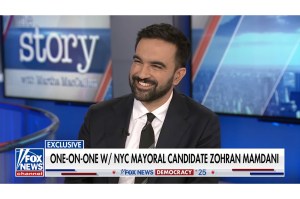

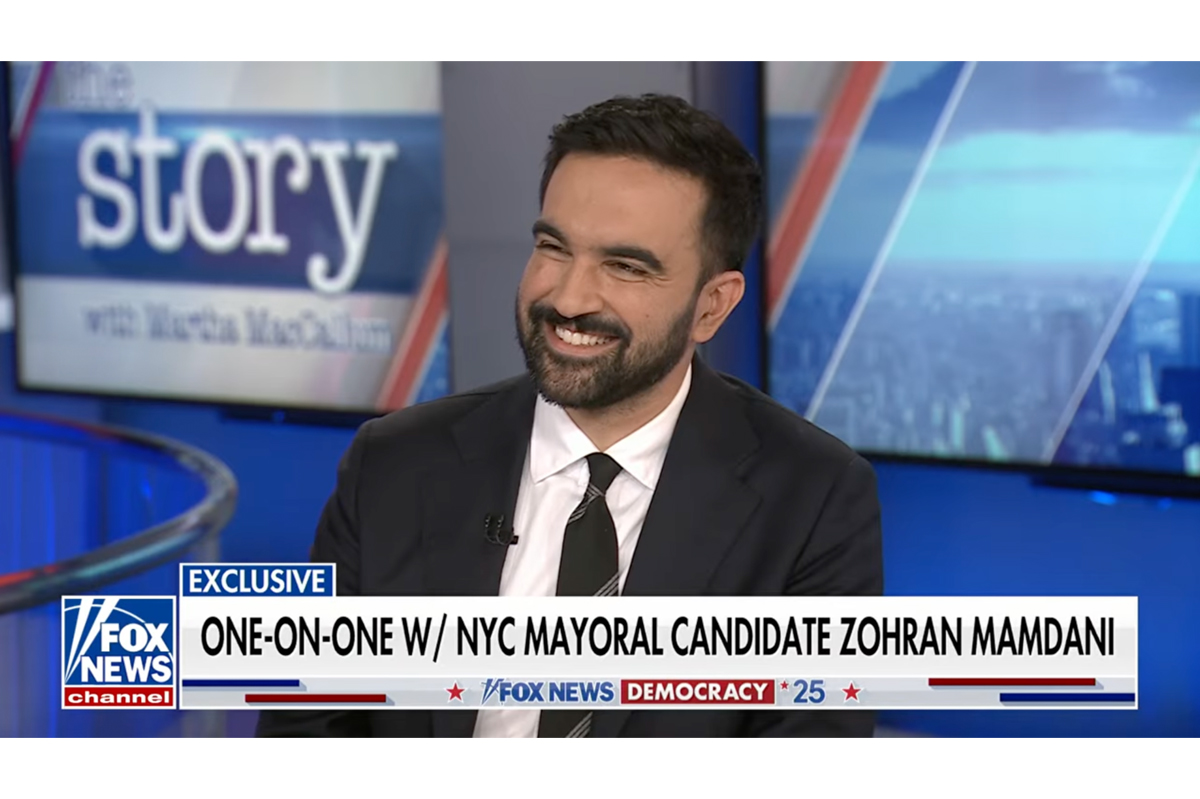
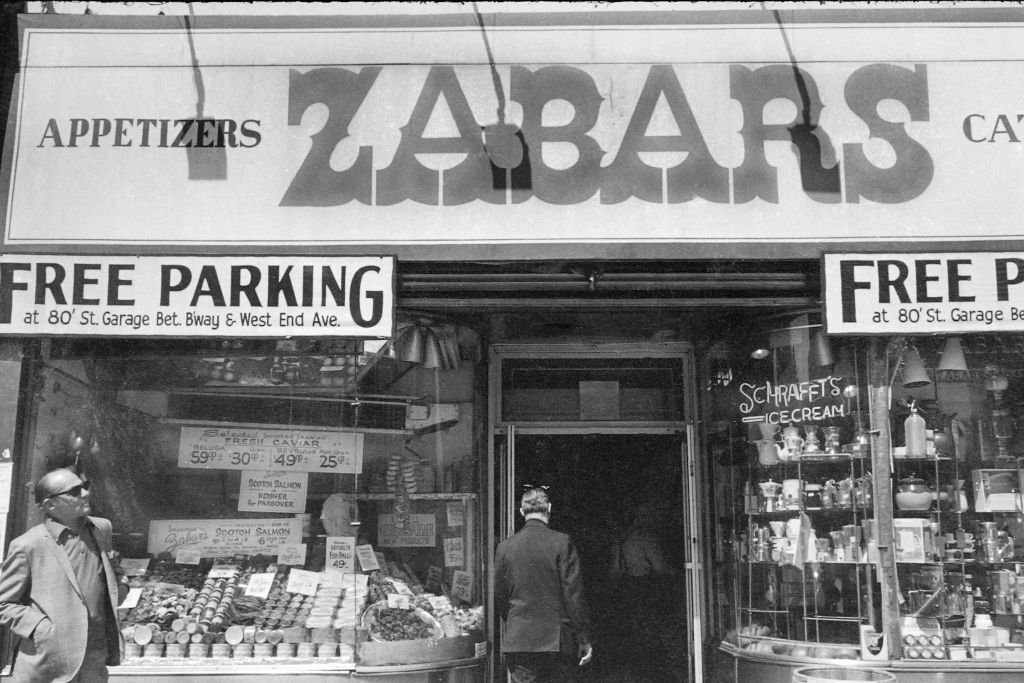
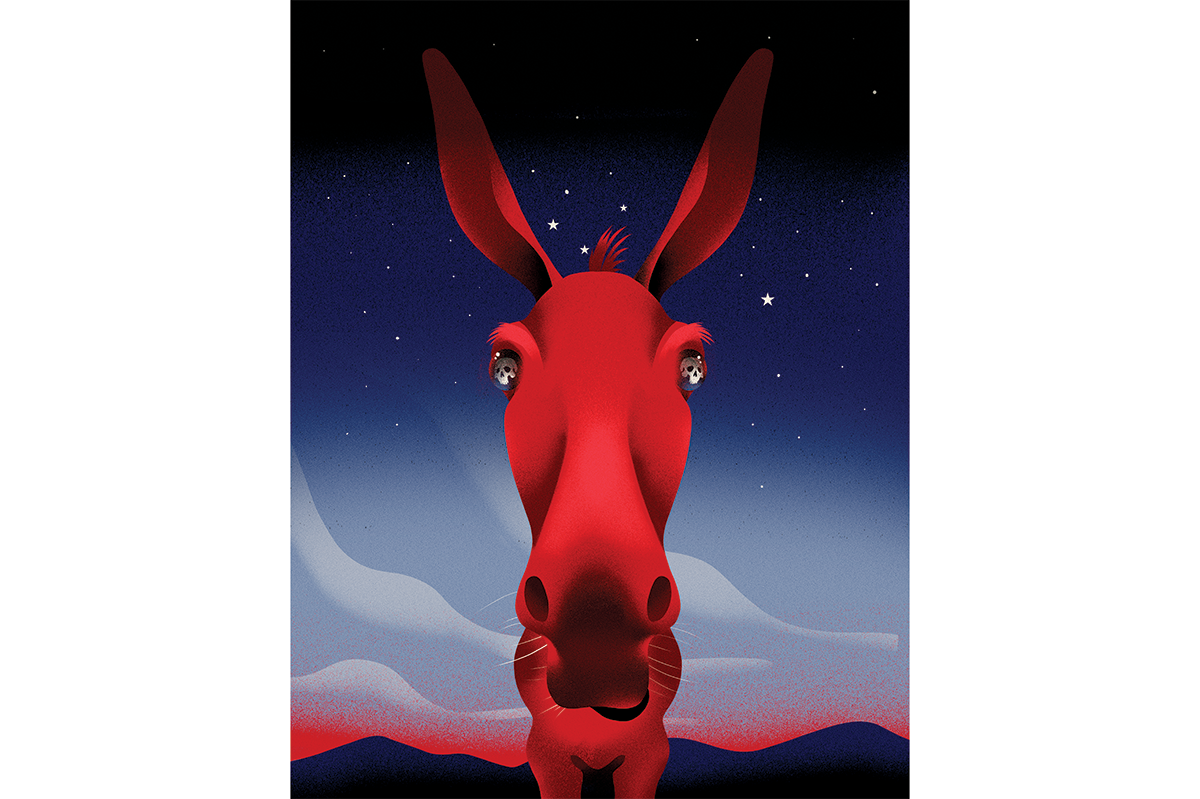
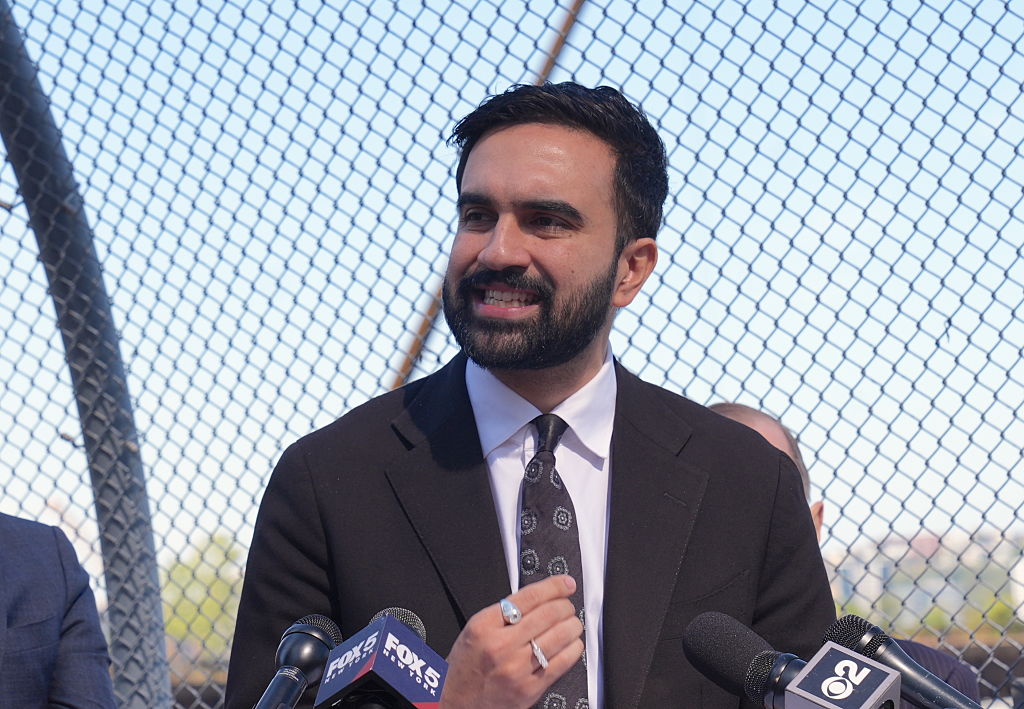
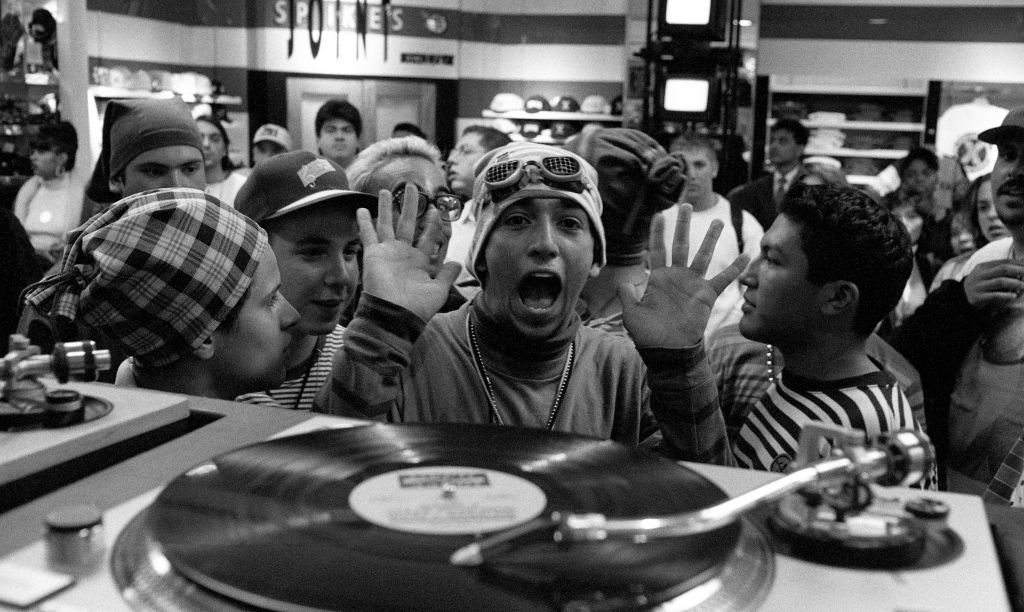








Leave a Reply